Every photographer loves capturing moments in the great outdoors. However, it isn’t always the easiest task.
It gets even more difficult if it’s raining. But is it safe to use your camera in the rain without damaging your lens?
In such cases, you might wonder, Are camera lenses rainproof? Keep reading to find the answer to that.
This article discusses the problems you might face when shooting in the rain with Nikon Z6ii lenses and how to protect them. So, look no further.
Let’s dive right in.
Is Rain Harmful for The Camera?
While all amateur or professional photographers love clicking Mother Nature in her full form, capturing moments and pictures while it’s raining can be a little difficult.
Rains do pose some very serious threats to the lens, and some of these are,
- Electronic Damage: All cameras generally come with sensitive electronic components. These do not sit well with water. Exposure like this can lead to you having to pay for costly repairs and replacements.
- Optical Distortion: When there are raindrops on your lens, it can create unwanted distortion in the pictures. This will also ruin your shots and give you a degrading picture result.
- Mold and Fungus: If there is any moisture inside your camera or lens, that can lead to other issues like the growth of mold and fungus. This can ruin your camera forever; rain moisture is a big cause.
- Corrosion: If your lens is exposed to rain for too long, the metal parts of the camera will start getting eroded. This will not only affect the camera’s functionality but also the lens’s durability.
Are Camera Lenses Rain Proof?
To answer your question, “Are Camera Lenses Rain Proof?” The answer to the question is No.
Camera lenses are not inherently rainproof. However, some lenses are weather-resistant.
There are some high-end lenses designed especially for professional outdoor use that might give some protection against the rain. These high-end cameras generally have the following things.
- Moisture-resistant coatings: Some lenses come with coatings applied on the camera’s interior and exterior parts that can help save them from moisture. This makes it easier for any user to wipe away water droplets without damaging the lens.
- Weather Sealing: Sometimes, some high-end lenses are specially made for professional use in unfriendly weather conditions. These lenses have weather-sealed lens gaskets that help prevent dust and moisture from entering the lens and the camera body. This saves both the camera and lens from getting damaged.
- Internal Design: Some lenses have internal construction to prevent moisture from getting into the camera. This saves the lens and the camera.
While this water-sealed construction saves the camera and the lens from getting damaged from the rain to some level, it does not make the camera waterproof.
This will only save the camera from light rain or some splashes. So, it is very important to take care of the camera.
Please remember to use a camera with precautions in heavy rain. Never submerge it in the water.
How Can You Save My Camera from The Rain?
There are several ways by which you can protect your lenses and camera from the rain. Some of them include the following.
1. Good Camera Rain Cover
A camera cover is one of the most effective ways to protect the camera and the lenses.
Try to invest in a high-quality camera rain cover that is specially designed to protect against moisture.
With this cover, you won’t have to worry about rainy conditions. You can easily find some options in the market that come in different shapes and sizes.
2. DIY Camera Cover
If buying a good quality camera cover is too expensive for your budget, you can make one at home.
While it won’t be as good as the one you buy, it will protect some points. To do this, follow these steps
- Choose a waterproof material of cloth like either plastic or nylon
- Cut the material so that it covers and fits your camera and lens.
- Stitch it well
This will not look as polished, but it is a great budget-friendly option.
3. Using an Umbrella
If you are using your camera and lens in light rain, using a camera is a great idea.
You can either ask any of your friends to hold it for you or set it to cover your camera.
Umbrellas will not completely shield the camera, but they will ensure it is somewhat protected.
4. Using a Lens Hood
A lens hood is also a great accessory for working in the rain. This hood prevents the water droplets from directly landing on your lens.
This attachment will minimize distortion by water while also keeping the lens safe. There are different-sized lenses available for different cameras.
5. Use a Dry Cloth
Regardless of what you do, there can be times when your camera might get a little wet.
You have to make sure that you have a dry cloth with you at all times. Every time you shoot in moisture, wipe it off and keep it dry.
When storing, make sure you store everything separately to keep everything safe.
Ziplock bags are your best friends when storing your camera and its components.
Conclusion
With this, we hope we have answered your question- are camera lenses rainproof? The answer to it is no.
However, with that said, it doesn’t mean that you can never shoot in the rain.
You have to be a little careful when doing so. Ensure you use the tips above to safely use your gear without worrying too much.
Also, keep in mind to avoid changing your lens when raining. With a little caution, you can use your camera and lens, even in the rain, without worrying.

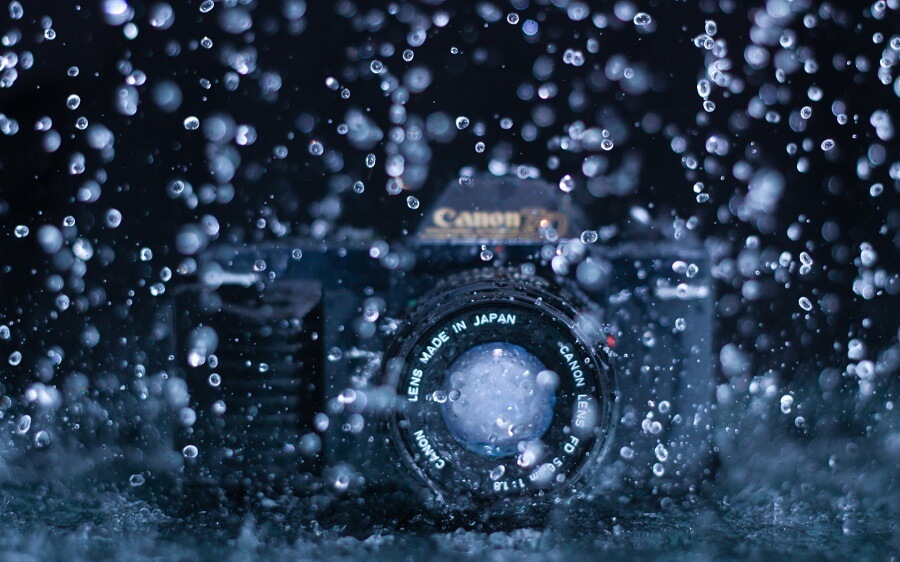
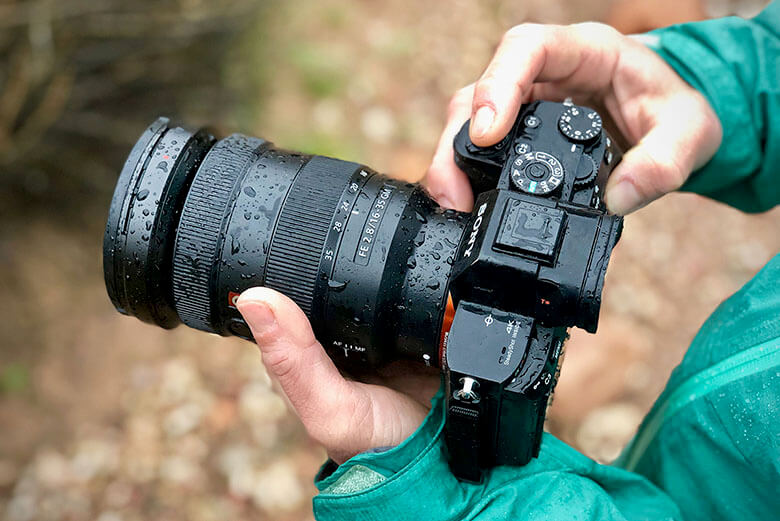
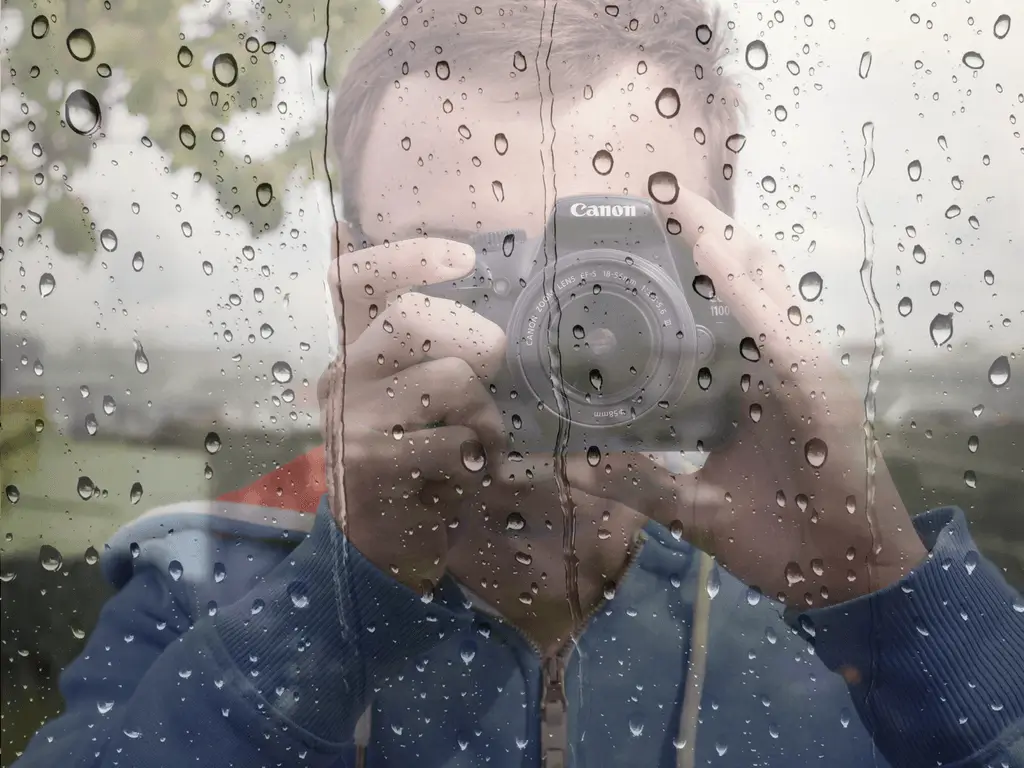
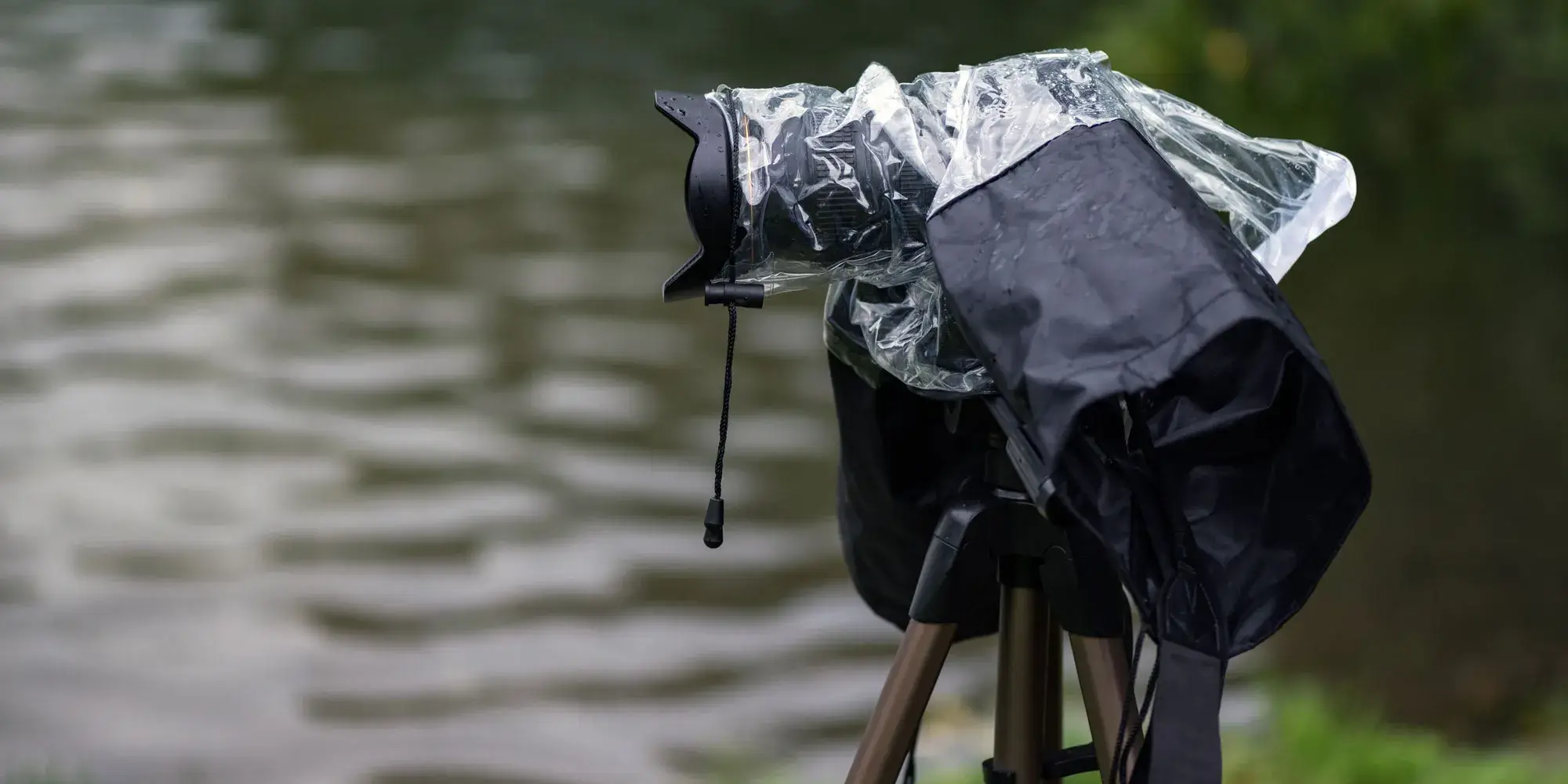
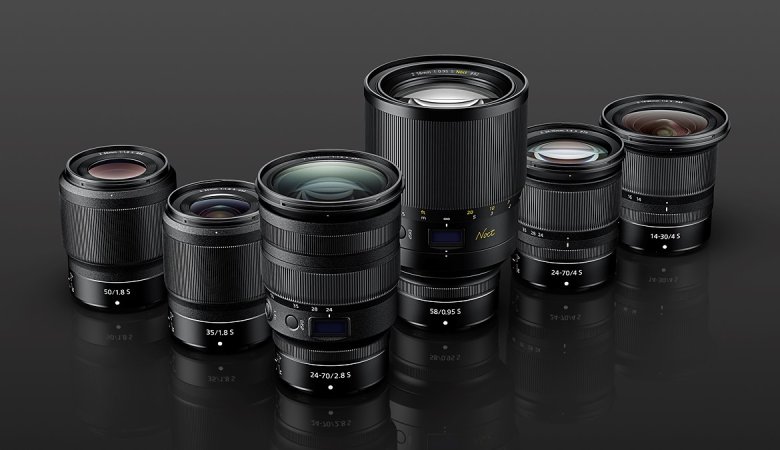
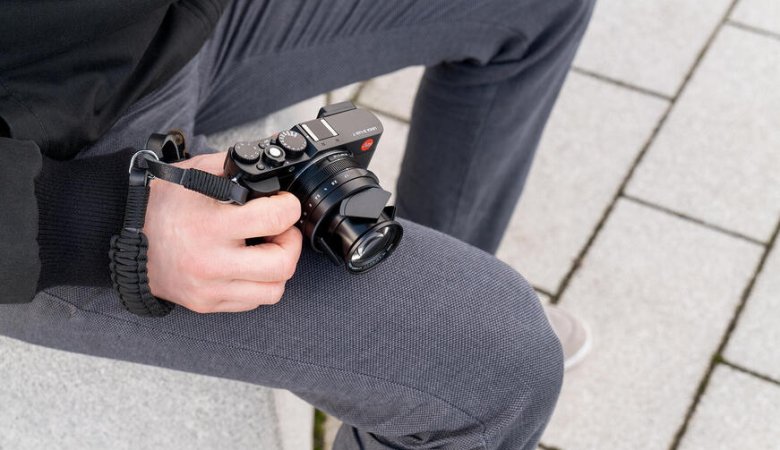
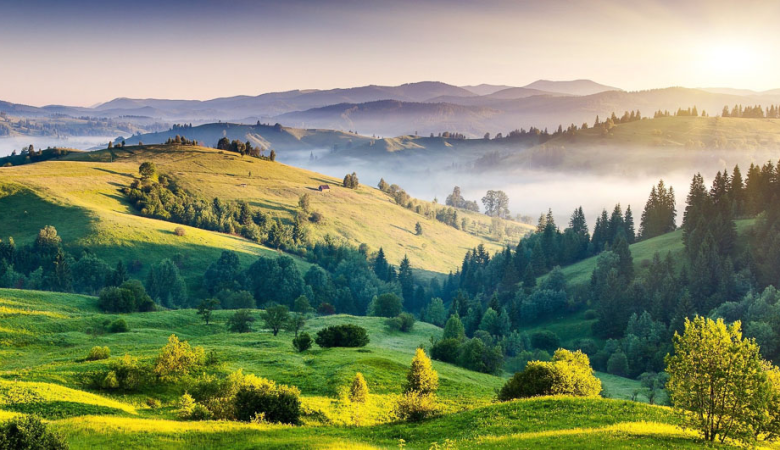
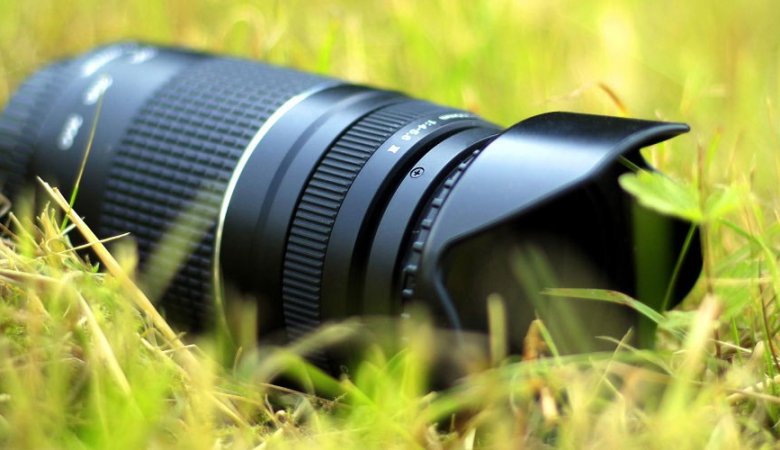
Leave a Reply